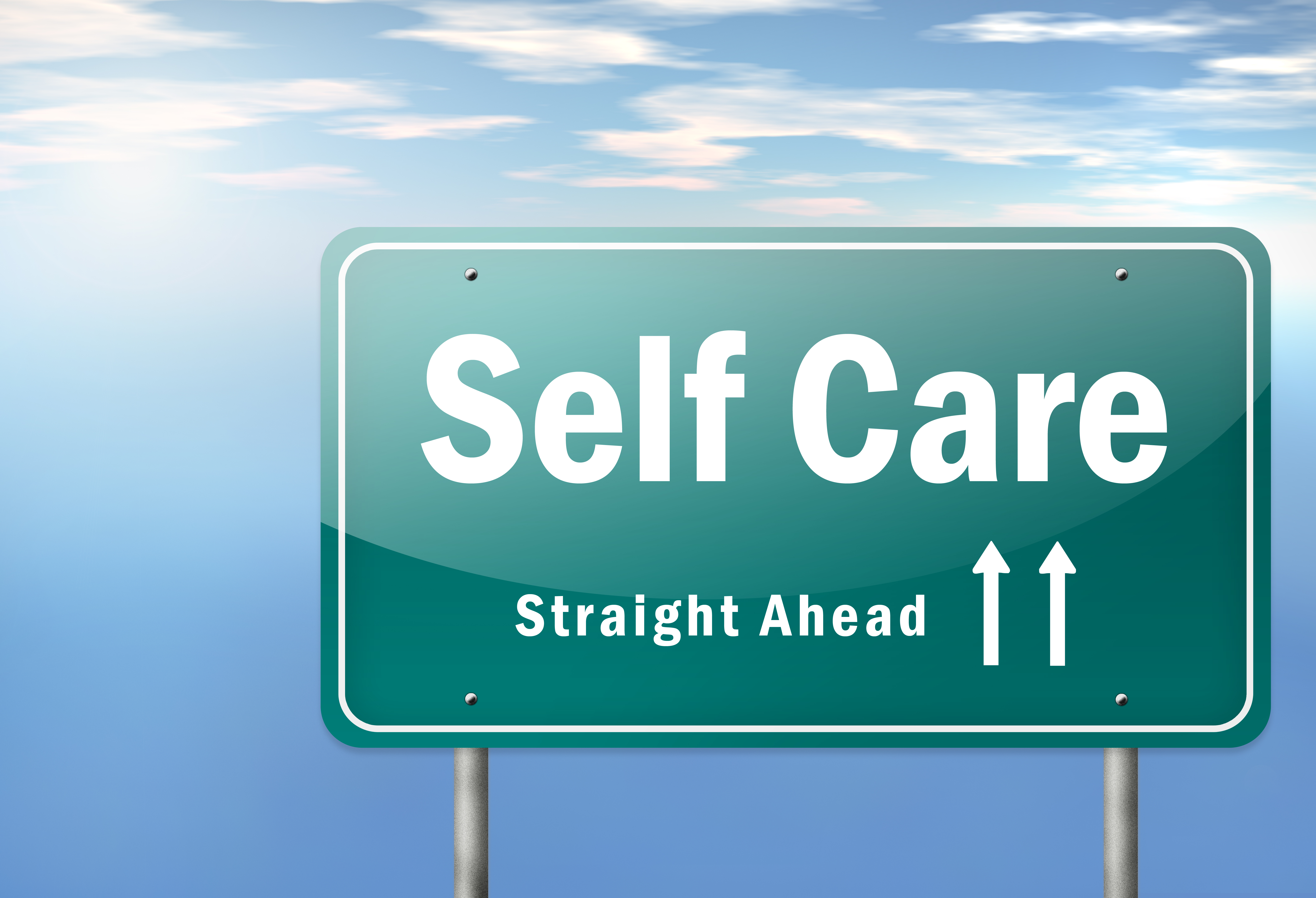Why Did God Give Me a Mental Illness?
“Teresa, I’m learning a lot from reading what you write,” my friend said. “But there’s a question I need an answer to. I want you to write about it.” Curious, I asked her to share.
“If God loves us and wants the best for us, why would he give us a mental illness?”
I always love getting questions and suggestions for posts from friends and readers, and this one is no different. It’s also a question I (candidly) don’t want to tackle because it’s challenging. It’s a universal question (some might even say a central question) for all Christians: Why does God let bad things happen to good people?
It’s a big enough question that I ran it by the pastoral staff at my church and asked a number of other people their thoughts on the question. The answers interested and surprised me.
When I spoke with the head pastor of my church, he gave me a theological answer: “Well, the simple answer is that we did it to ourselves.” As he continued to explain, when Adam and Eve ate from the Tree of Knowledge in the Garden of Eden, they broke the covenant with God. As part of their punishment, brokenness entered the human race and continues to persist. God offers us healing as part of our relationship with him. This explains our suffering in general, although not necessarily why some of us live with a mental illness.
His wasn’t the only explanation I heard. Another person told me that they believe God sometimes uses our disorder to pursue us and bring us into a relationship with him. In the heat of our disorder, some of us fall into addiction or act out in our relationships. At some point, things get to be so bad that we realize that the only path forward is to follow God and the Bible, his guidebook to life. Our disorder brings us to a turning point, calling us to his side.
Another person pointed me to John 9: 1–3:
As he went along, he saw a man blind from birth. His disciples asked him, “Rabbi, who sinned, this man or his parents, that he was born blind?”
“Neither this man nor his parents sinned,” said Jesus, “but this happened so that the works of God might be displayed in him.”
[A few verses later, Jesus heals the blind man (John 9: 6–12).]
“This happened so that the works of God might be displayed in him.” I think it’s easy to forget that we are examples of God’s love, mercy, and might. Every time we share the story of how God works in our lives, it touches the heart of someone he is calling and reinforces the faith of someone who is struggling. Not only are we his “handiwork” (or “masterpiece” depending on the translation of Ephesians 2:10), our lives tell his story, too.
There’s another perspective I heard as well. We can focus on the “why,” or we can focus on the “hope.” Would we rather believe that there is no explanation and feel hopeless, or believe that God is in charge and that there is a purpose to our suffering and pain?
As I’ve gathered these opinions and thoughts, it’s struck me that we can never truly know the “real” answer. God is bigger than we are and at some point, his intentions are unknowable.
I’ve also come to realize that, while the core theological reason of brokenness shared by my head pastor is accurate, it doesn’t fully explain why I have Bipolar Disorder and Sally has Major Depressive Disorder or why Tommy lives with PTSD and panic attacks.
But in talking with the Sallys and the Tommys of the world and knowing my own story, here’s where I land: the reason is different for each of us. For some, their disorder has taken them to the land of addiction, breaking them to the point of realizing they need God to direct their lives. For these people, God used their disorder to call them to him.
For others, their disorder teaches them mercy, grace, and compassion, which helps someone else make it through a tough season in their life. Others receive mercy for the first time in their life, and it demonstrates the benevolence of God to them.
For me, out of my disorder and diagnosis, I have found my purpose. I write about mental health because of my diagnosis. I run support groups to share hope with those who are floundering. I talk with people about mental illness, and share tips that I know can help ease the suffering that comes with our disorders. I’m headed down a very different path than the career I held before my diagnosis, and now I can see how God prepared me for it.
Are there other methods that God can use to effect these results? Yes, and he uses them as well. I can’t tell you why my purpose is related to mental health; I just know it is. I do know that having my disorder makes me a more effective advocate and coach than someone who is neuro-typical, in the same way that recovering addicts are more effective in talking with other addicts.
I don’t know why he specifically made you this way. I don’t know what his purpose for and in you is. But, I believe wholeheartedly that something is intended to come out of your experiences with it. That purpose may be mysterious today, but search for it with an honest, seeking heart, and I believe he will reveal it to you.
How have you wrestled with this question? What are some answers you’ve come up with?
Looking for daily inspiration and community? Join our warm and supportive Facebook group!









